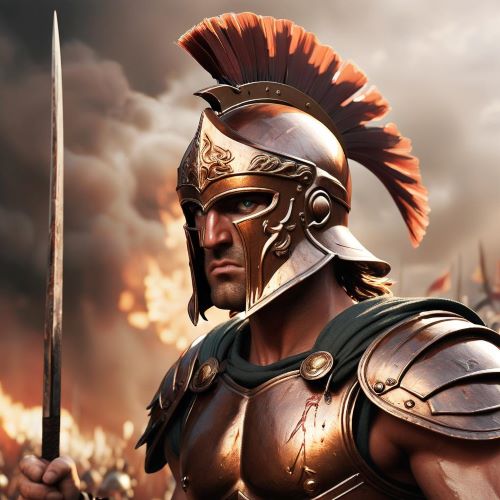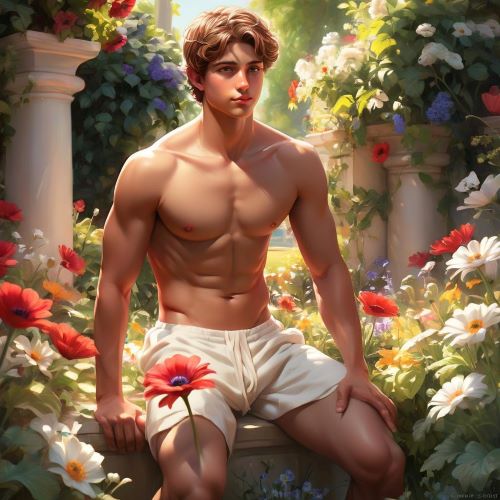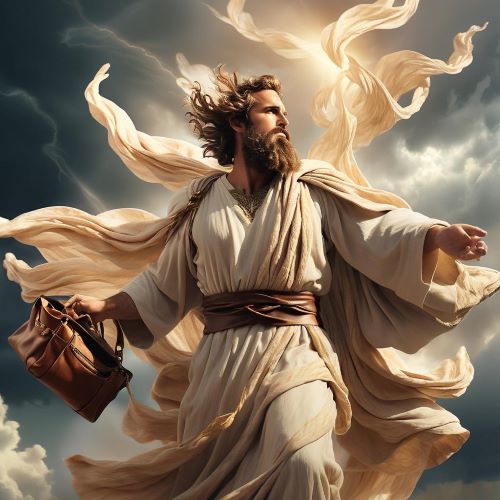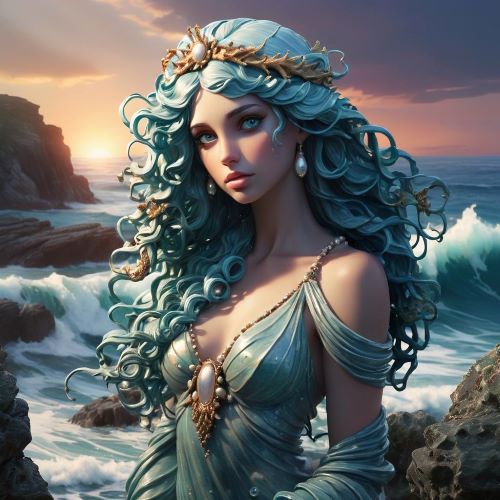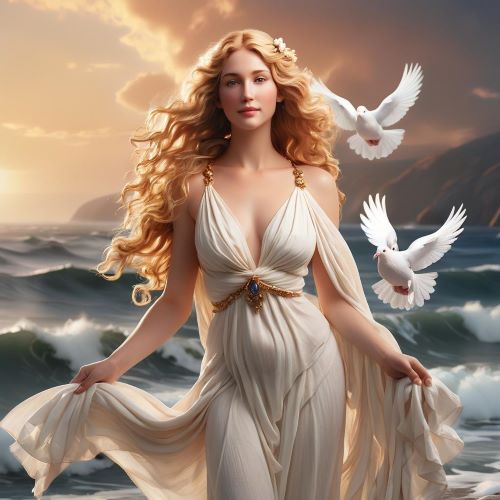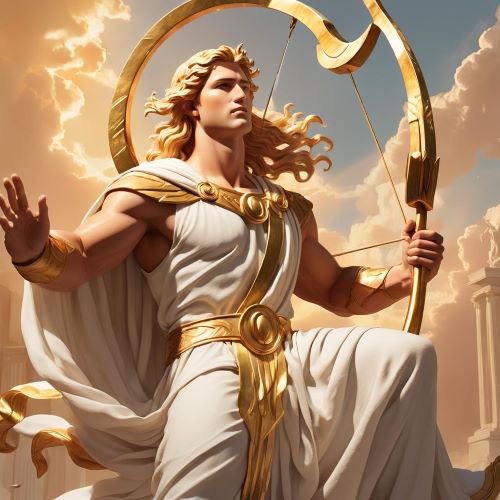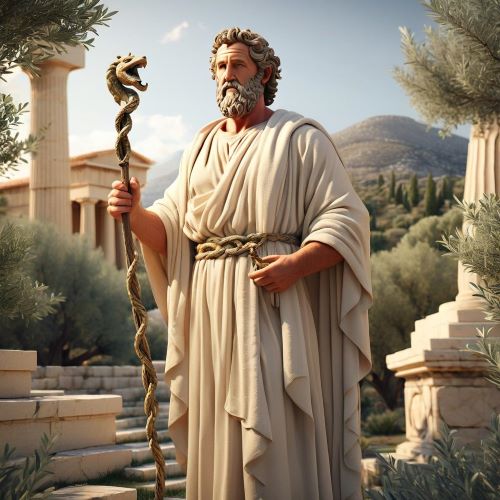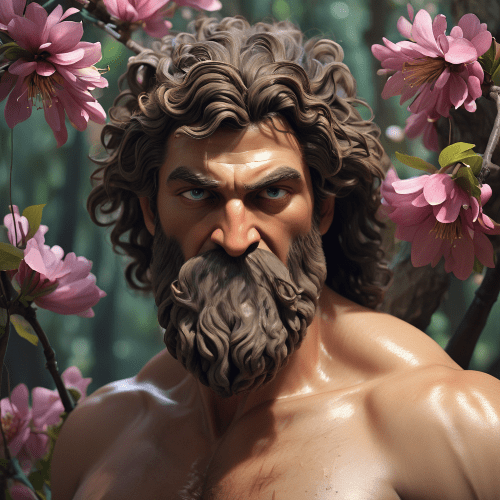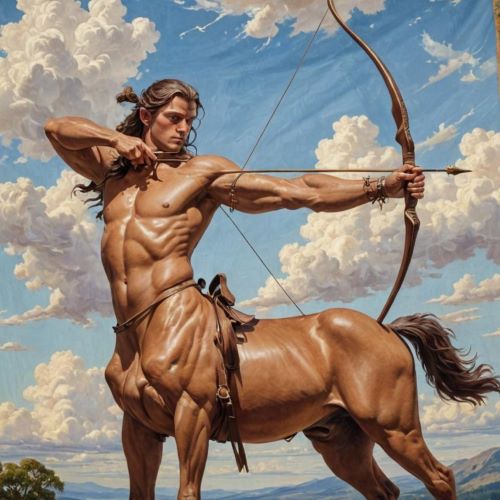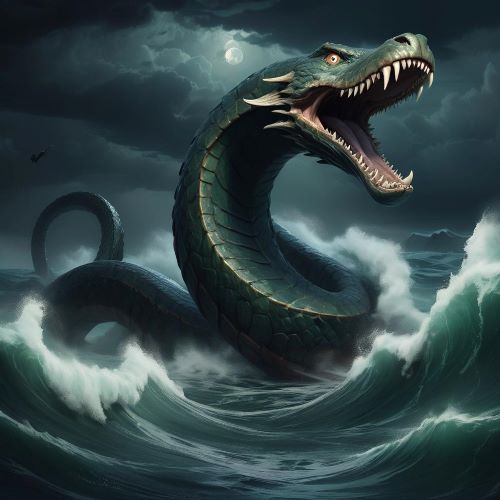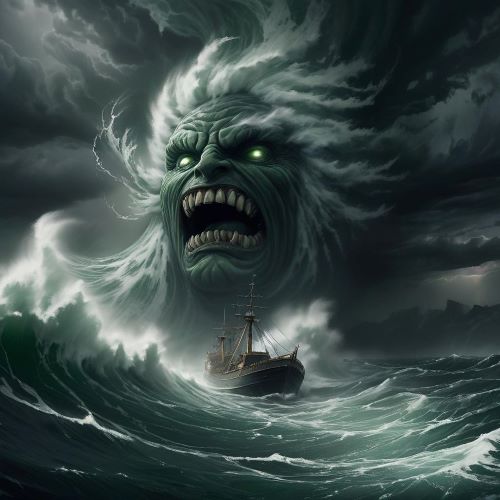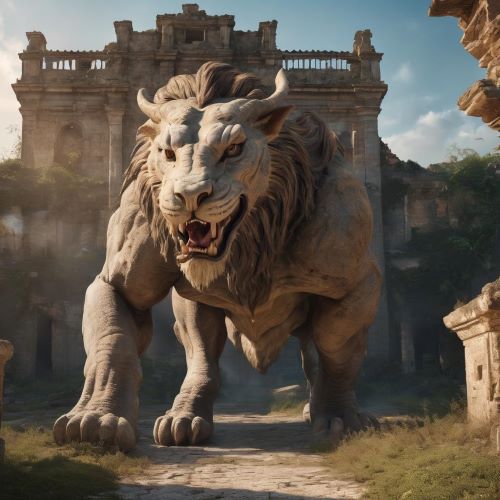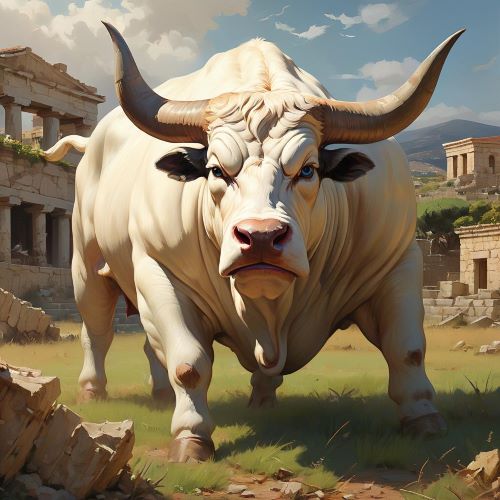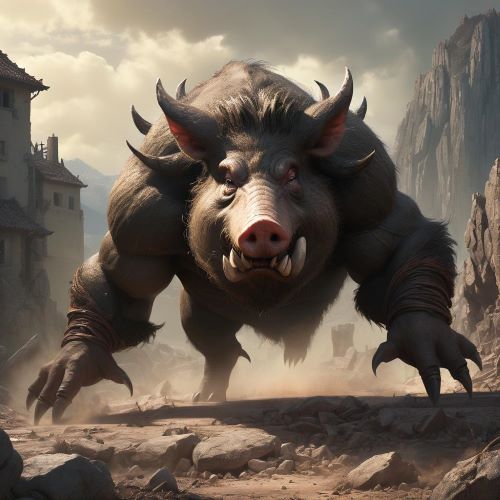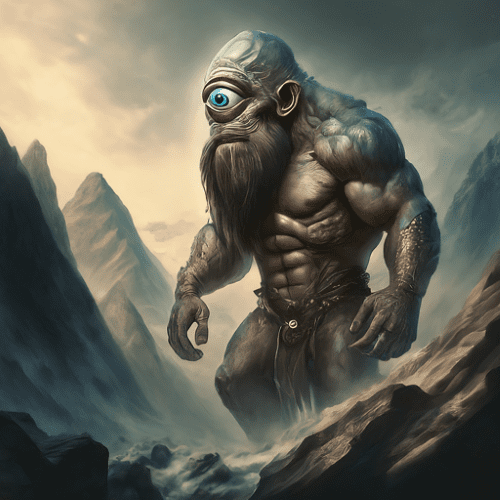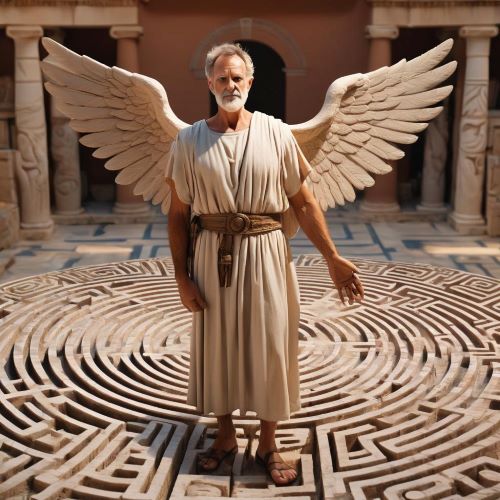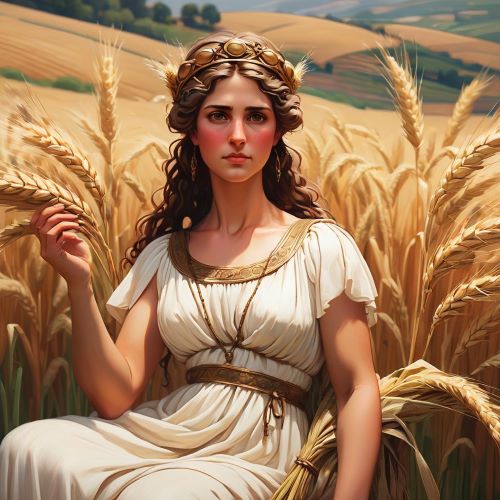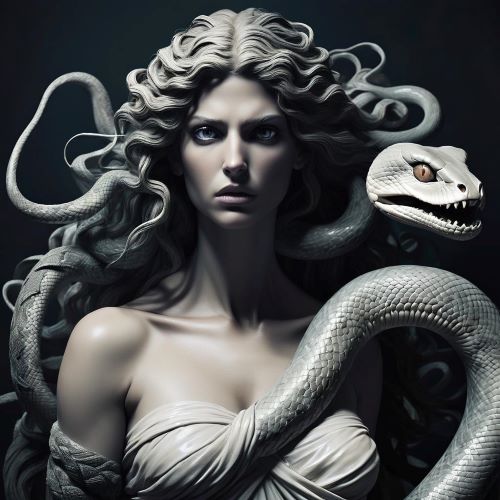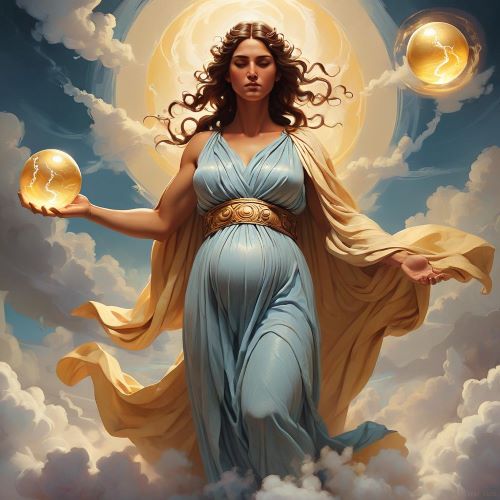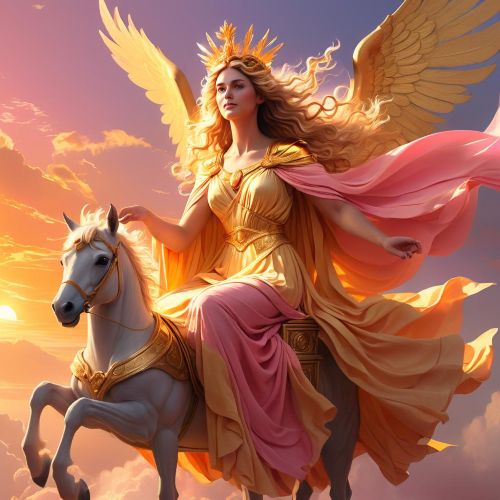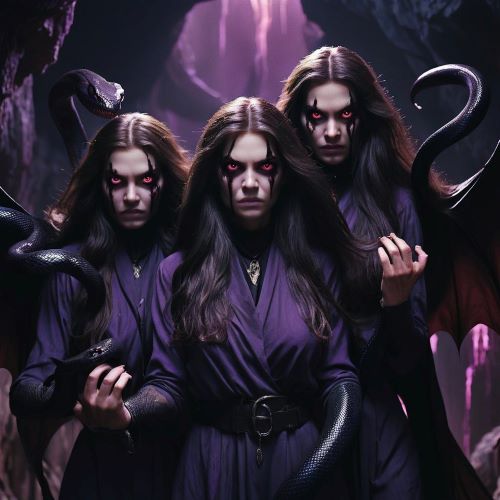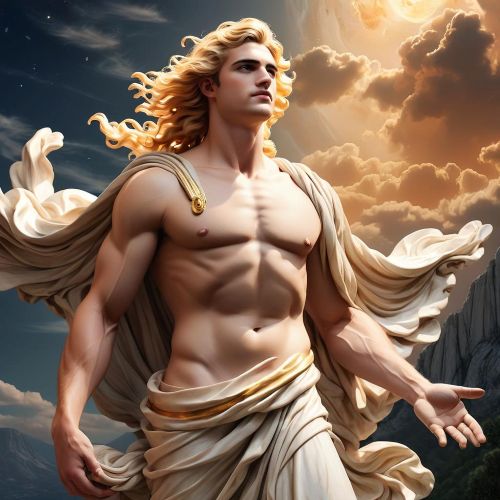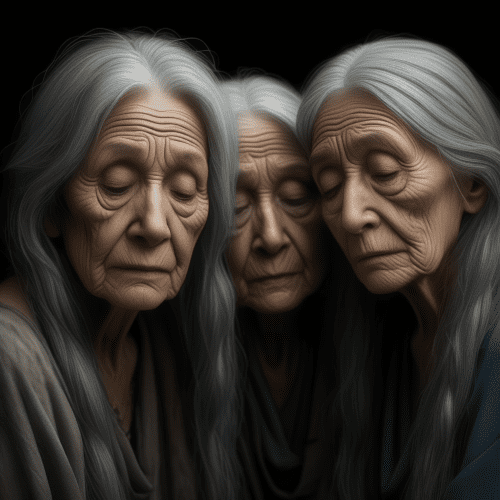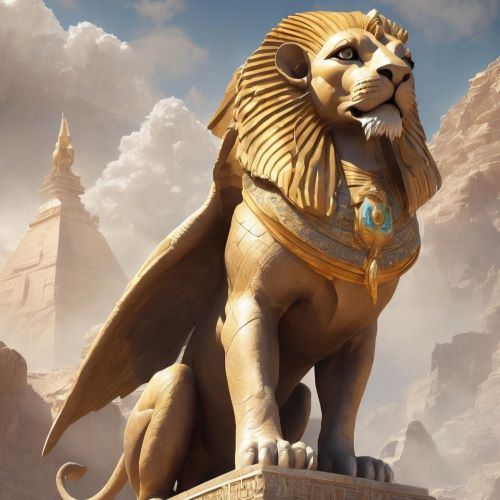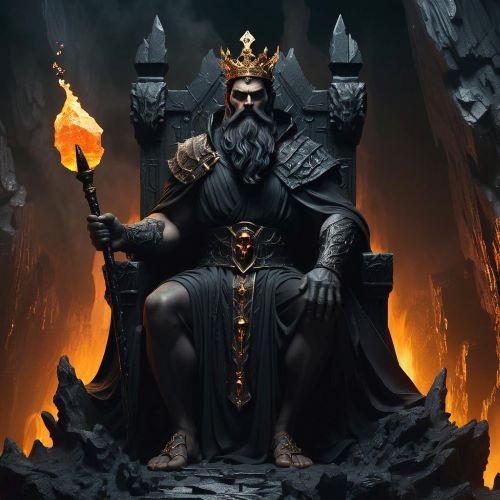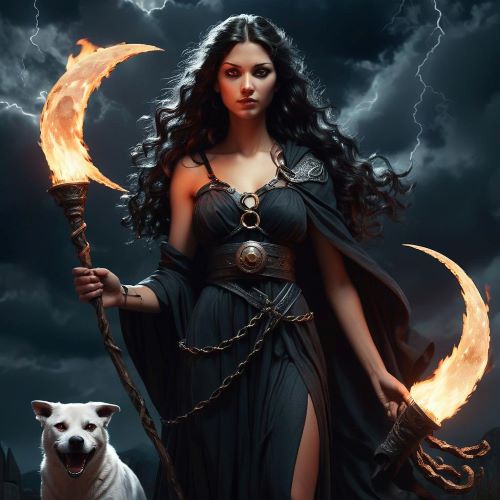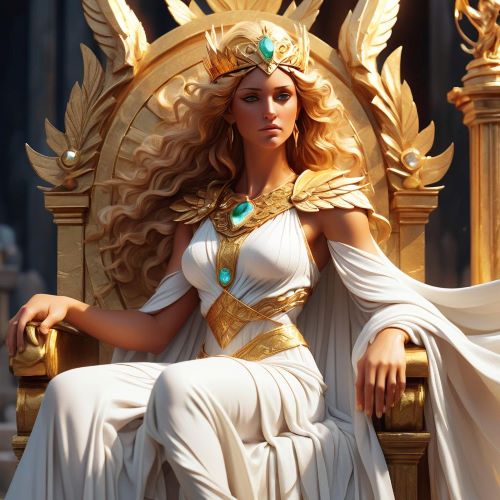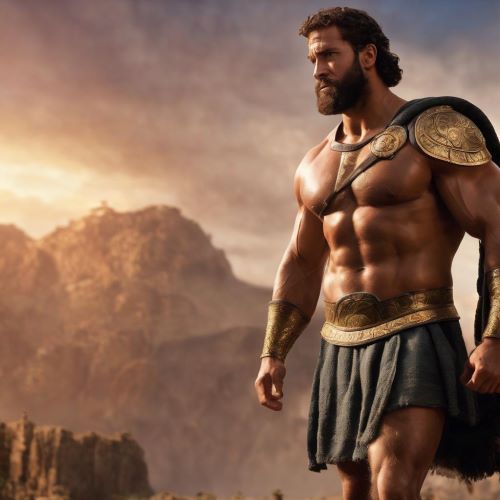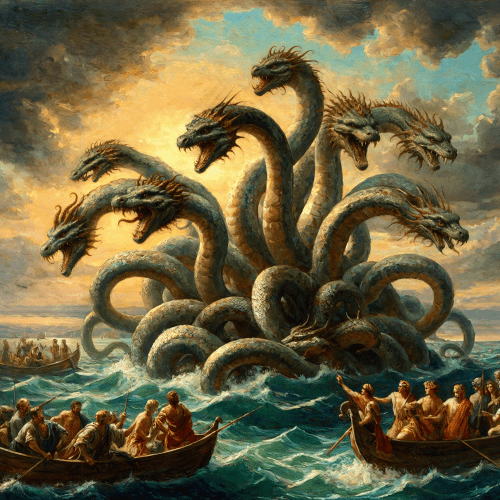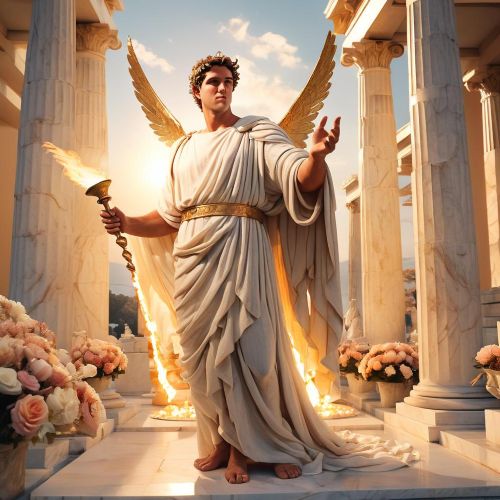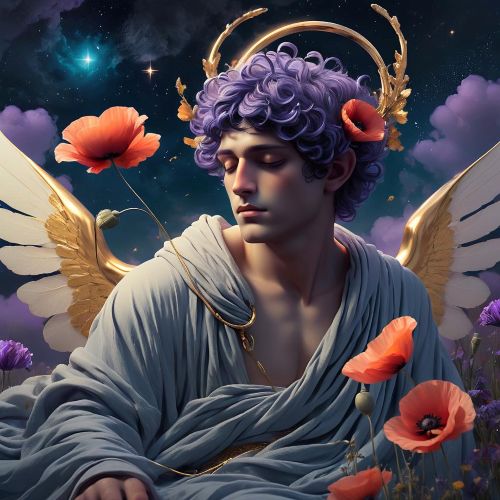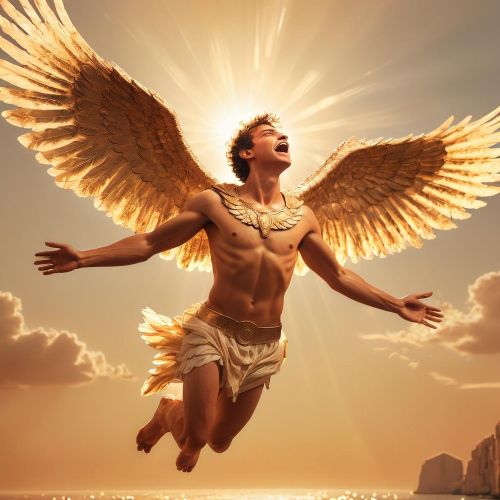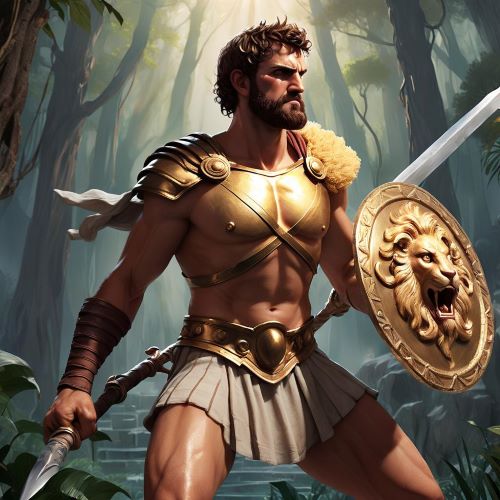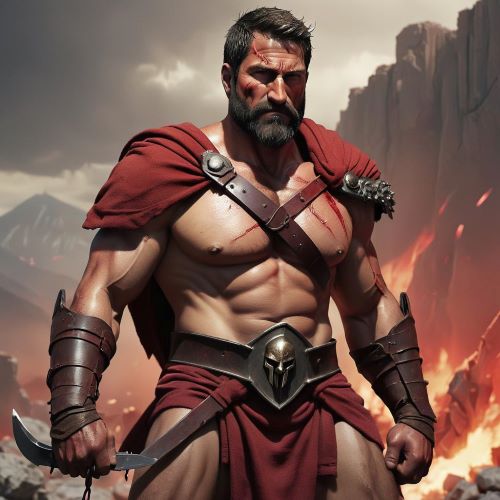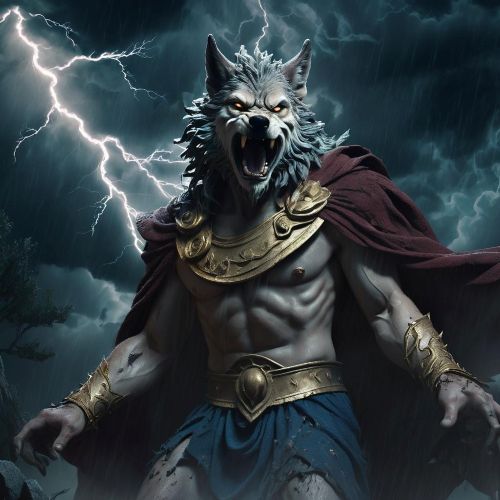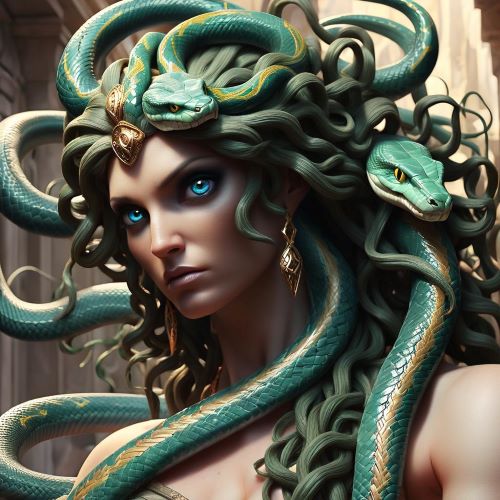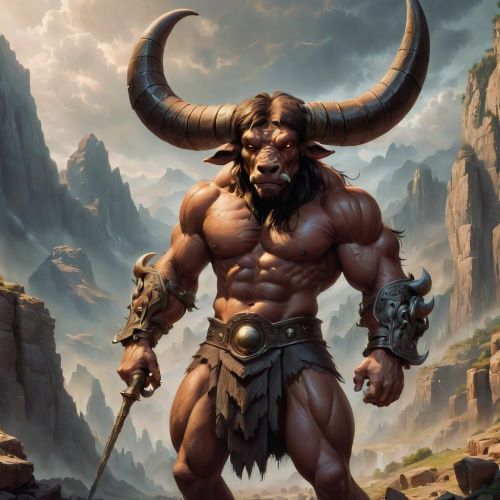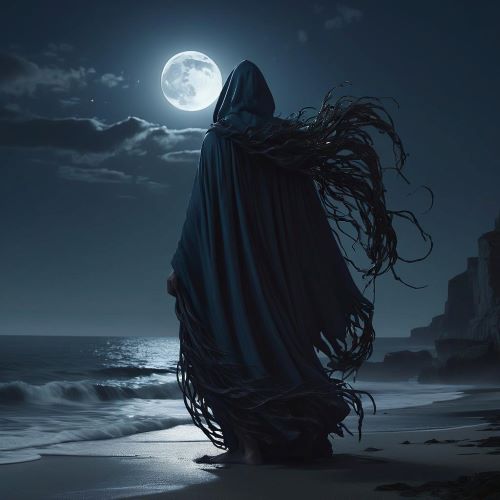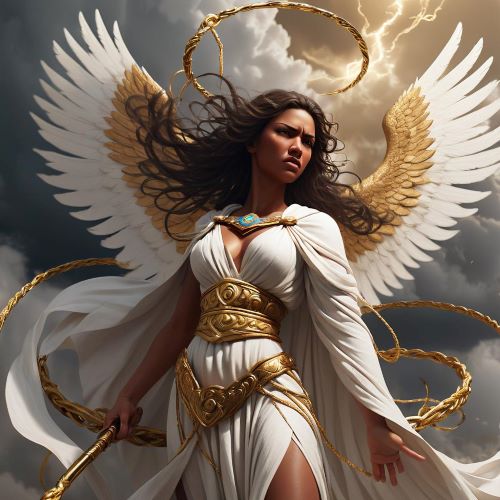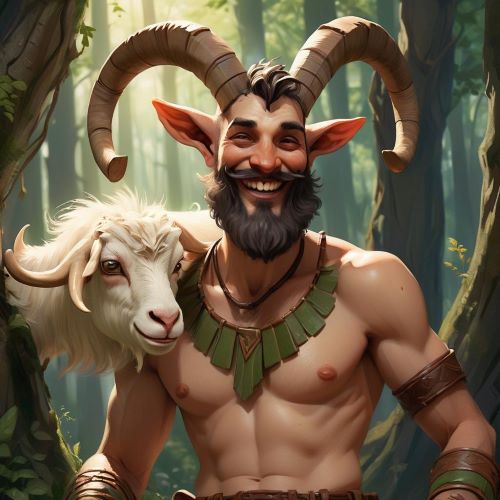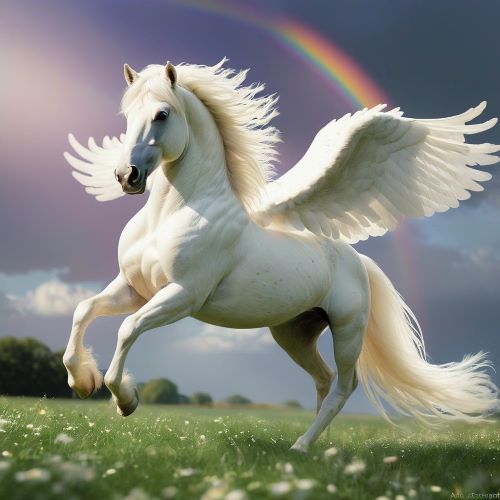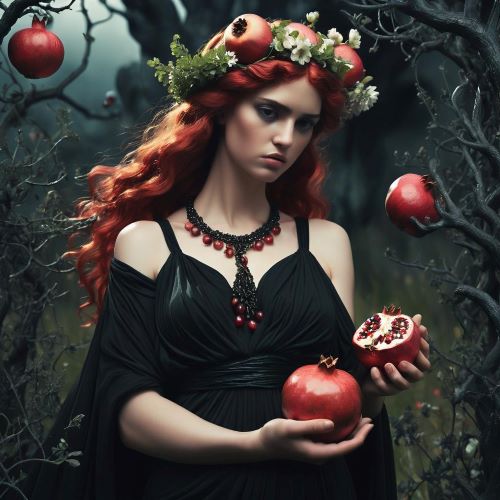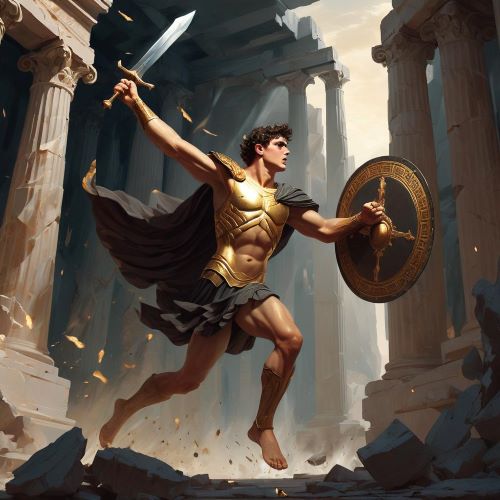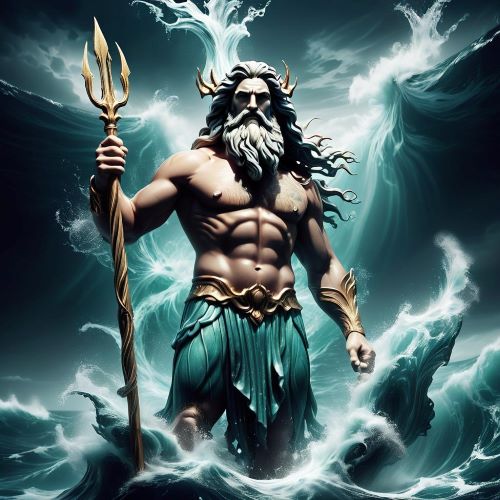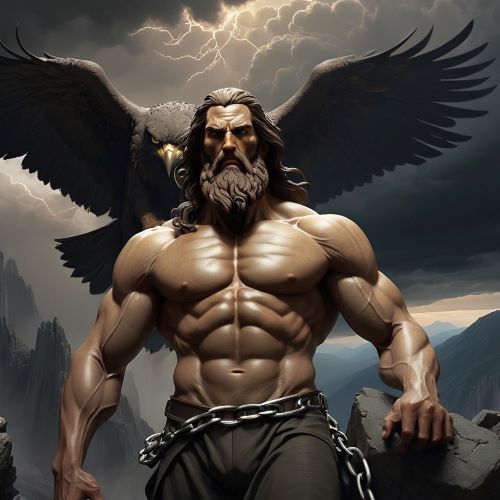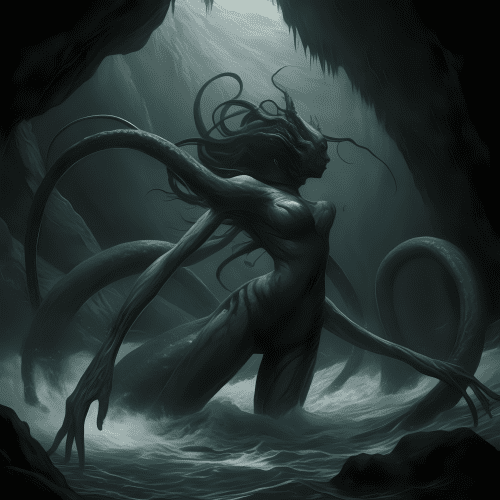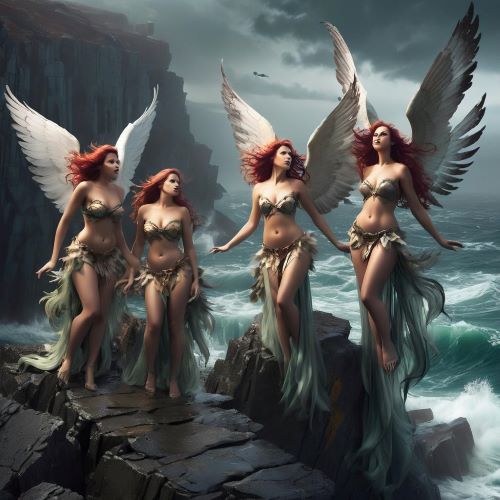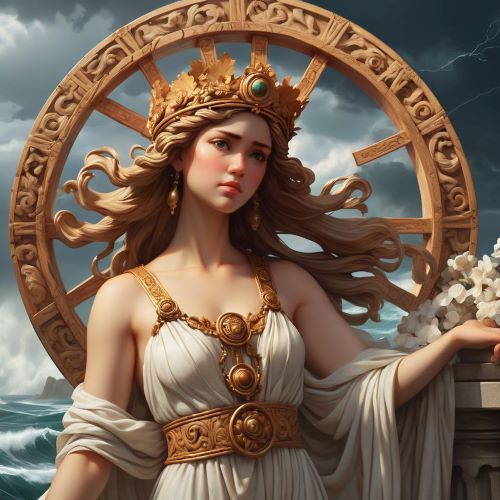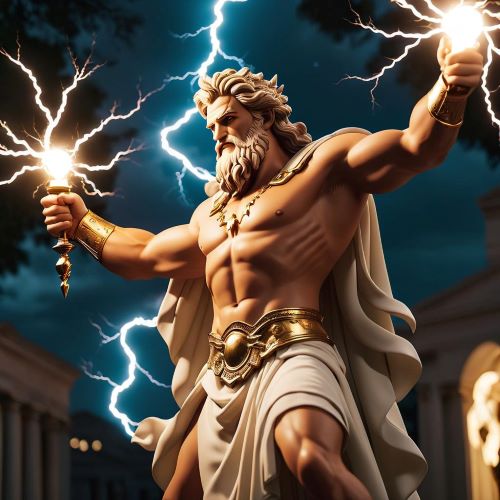Greek Mythology
The body of stories that comprise Greek mythology is composed of various rituals and stories about the gods and heroes of the ancient Greeks. It was initially regarded as fiction, but in later periods, it was regarded as true accounts. The works of Greek mythology have had a significant influence on Western culture.
Despite the varying styles and ages of people who have created myths about the gods and heroes, the Greeks have remained the most influential source of ideas in Western culture and have remained relevant to the present day. Due to the nature of their works, artists and poets from the ancient past have been able to develop new and contemporary interpretations of Greek mythology.
Greek mythology is mainly concerned with the heroes and gods in their more serious aspects. It also includes stories about the origins of the universe and the various divine rulers. Some of the stories deal with the internecine struggles that led to the rise of Zeus, the powerful god of Olympus. The stories about the amours of Zeus with various goddesses and mortal women also include the birth of heroes and younger deities. In the story of Athena, the goddess, she was born without her mother. The myths of Apollo also deal with the dangers of immortal alliances and the various sacral associations that surround the god.
The origins of Greek mythology can be traced back to the oral tradition, which was first established by the Mycenaean and Minoan singers during the 18th century BC. The myths about the heroes of the Trojan War eventually made their way into Homer’s epic poems, such as The Iliad and The Odyssey. Near-contemporary poets such as Hesiod covered various topics in his works, such as the origin of the universe and the succession of divine rulers.
The stories about the heroes of the Trojan War also made their way into the Homeric Hymns, as well as into the works of poets and comedians during the fifth century BC. They were also preserved in various other works, such as those written by the comedians and scholars of the Hellenistic Age.
Aside from the stories in ancient Greek literature, various pictorial representations of mythological characters have also been featured in various art pieces, such as vases and other artifacts. In the eighth century BC, geometric designs on ceramics featured various scenes from the Trojan War and Heracles‘ adventures.

